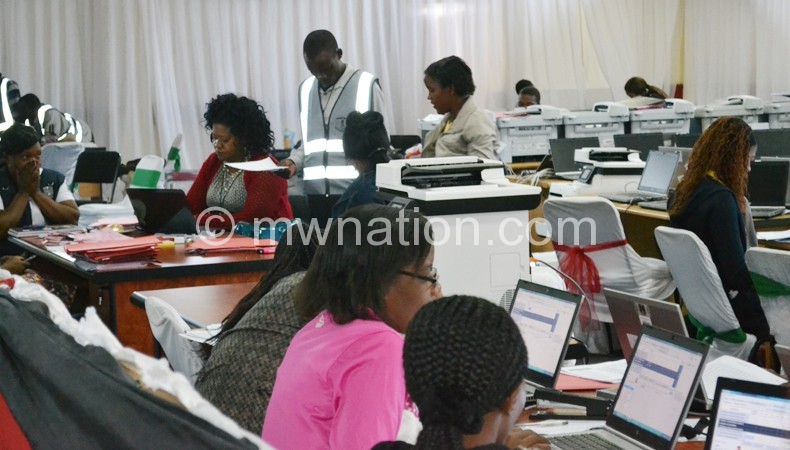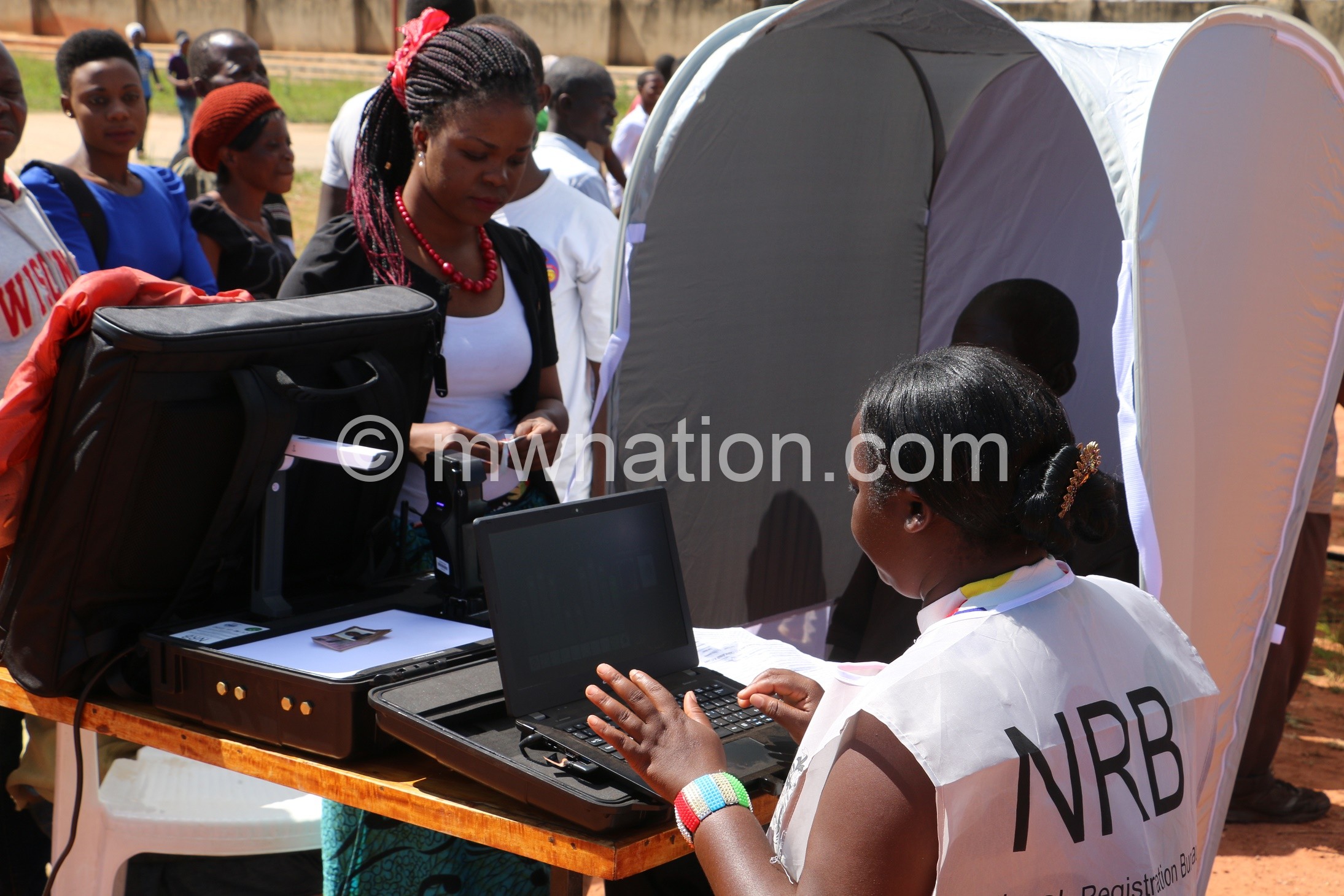Mesn plans parallel vote tally centre
Malawi Electoral Support Network (Mesn) has unveiled plans to set up a parallel vote tabulation (PVT) centre as one way of authenticating the presidential vote to minimise disagreements.
The network’s announcement comes after it used the platform, also known as statistical based observation (SBO), in the May 20 2014 Tripartite Elections. Under the arrangement, Mesn deploys long term observers and about 800 monitors on the polling day.

PVT is a parallel vote tally centre where results are tabulated independent of the national tally centre which is controlled by the Malawi Electoral Commission (MEC).
In a written response, Mesn chairperson Steve Duwa said the 2014 exercise boosted efforts to achieve transparency in the tabulation of results which was critical to managing post-election disagreements over results.
He said: “PVT focuses on electoral processes on the election day. Based on reports from the domestic observers deployed as PVT observers, we are able to follow and report on election day processes which include the opening, voting, closing, counting and announcing of results.
“The ultimate goal is to ascertain the degree of transparency, accountability and credibility of these processes which eventually determine credibility of the election outcomes.”
Duwa said the PVT platform provided the needed confidence and trust in the election results in the country, thereby mitigating the possibility of post elections violence.
But despite the use of the PVT platform, the 2014 election results were not spared controversy as some contestants, including the then governing People’s Party (PP) contested the outcome, especially in the presidential vote with then president Joyce Banda alleging rigging.
But Gift Sambo, a political commentator based at University of Malawi’s Chancellor College, said the effectiveness of the PVT platform would only be felt if the management of the whole election results was revisited.
He said: “I can say this is a good initiative, but, as you can see, its effectiveness has been very limited since there is not much use of the platform besides the supersonic speed at which the swearing-in ceremony of the incoming President [and Vice-President] does not give enough room for scrutiny.”
In 2017, Parliament threw out Electoral Reforms Bill which, among others, proposed to change the country’s electoral law to adopt the 50+1 system as well as outlining a time frame during which the President-elect and Vice-President-elect are to be sworn-in.





